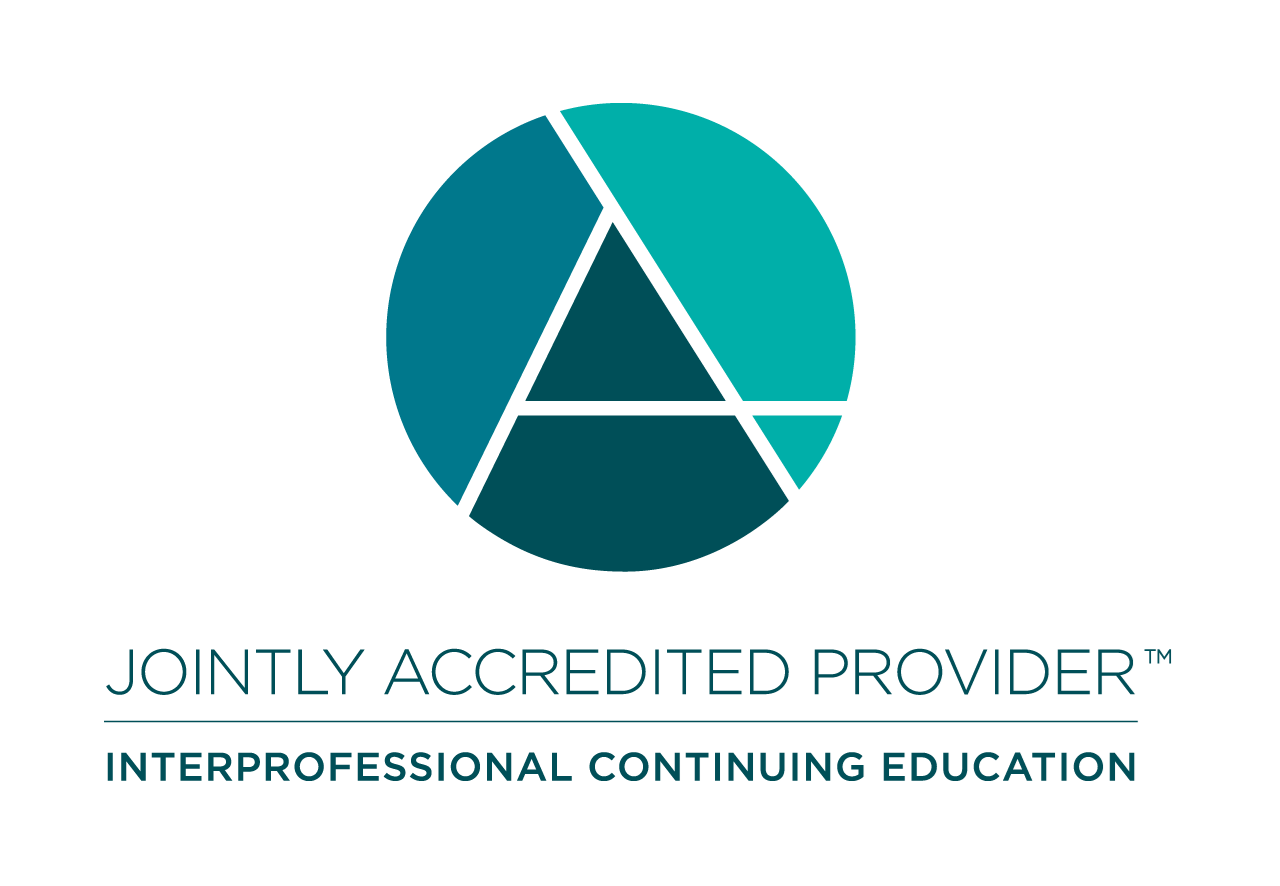Leading Through Uncertainty in Healthcare: Strategies for Effective Change Management
In a time of rapid policy shifts, financial pressures, and evolving patient needs, uncertainty has become a common operating state in healthcare leadership. Navigating these complex and often ambiguous environments requires more than operational expertise, it demands adaptive leadership, strategic communication and a deep understanding of change dynamics. This session will explore how healthcare leaders at all levels can effectively guide their teams and organizations through periods of disruption and rapid-paced change. Drawing from established change management frameworks, participants will learn practical strategies to foster clarity, trust and alignment during times of instability.
The speaker will share management characteristics of high-performing organizations, provide core concepts in leadership amidst ambiguity using communication about vision and demonstrate leveraging feedback to adapt in real time. Participants will leave with a leadership toolkit designed to help navigate through uncertain times with a focus on high-quality performance.
Learning Objectives:
- Describe foundational change management frameworks and their relevance to healthcare leadership.
- Define strategies on managing uncertainty effectively, including leadership and change management approaches for scenario planning, stakeholder alignment and continuous feedback loops.
Faculty:
Luming Li, MD, FACHE, FAPA, Chief Medical Officer, The Harris Center for Mental Health & IDD
Continuing Education Credit
ACHE Qualifying Education Credit
This webinar is eligible for 1 ACHE Qualifying Education credit. ACHE Qualifying Education credits will be automatically updated in your My ACHE account upon completion of the recording.
Interprofessional Continuing Education Credit
In support of improving patient care, the American College of Healthcare Executives is jointly accredited by the Accreditation Council for Continuing Medical Education (ACCME), the Accreditation Council for Pharmacy Education (ACPE), the American Nurses Credentialing Center (ANCC), and the American Academy of PAs (AAPA) to provide continuing education for the healthcare team.
This activity was planned by and for the healthcare team, and learners will receive a maximum of 1 Interprofessional Continuing Education (IPCE) credit for learning and change. For further information about Joint Accreditation credits and certificates, please click here.
Physician Continuing Medical Education
The American College of Healthcare Executives (ACHE) designates this live activity for a maximum of 1 AMA PRA Category 1 Credits™. Physicians should claim only the credit commensurate with the extent of their participation in the activity.
Continuing Nursing Education
The American College of Healthcare Executives designates this live activity for a maximum of 1 contact hours of continuing nursing education.
Continuing Pharmacy Education
The American College of Healthcare Executives designates this knowledge-based activity for a maximum 1 contact hours of continuing pharmacy education credit.
Continuing Social Work Education
The American College of Healthcare Executives designates this knowledge-based activity for a maximum 1 contact hours of continuing social work education credit.
Continuing Education for Dietitians
The American College of Healthcare Executives designates this knowledge-based activity for a maximum 1 contact hours of continuing education credit for Registered Dietitians and Dietetic Technicians, Registered. RDs and DTRs should enter activities offered by jointly accredited providers as type 102 on Professional Development Portfolio (PDP) activity logs. CPEUs awarded must be commensurate with participation in the activity.
Physician Associate/Physician Assistant Continuing Education
The American College of Healthcare Executives has been authorized by the American Academy of PAs (AAPA) to award AAPA Category 1 CME credit for activities planned in accordance with AAPA CME Criteria. This activity is designated for a maximum of 1 AAPA Category 1 CME credits. PAs should only claim credit commensurate with the extent of their participation.




